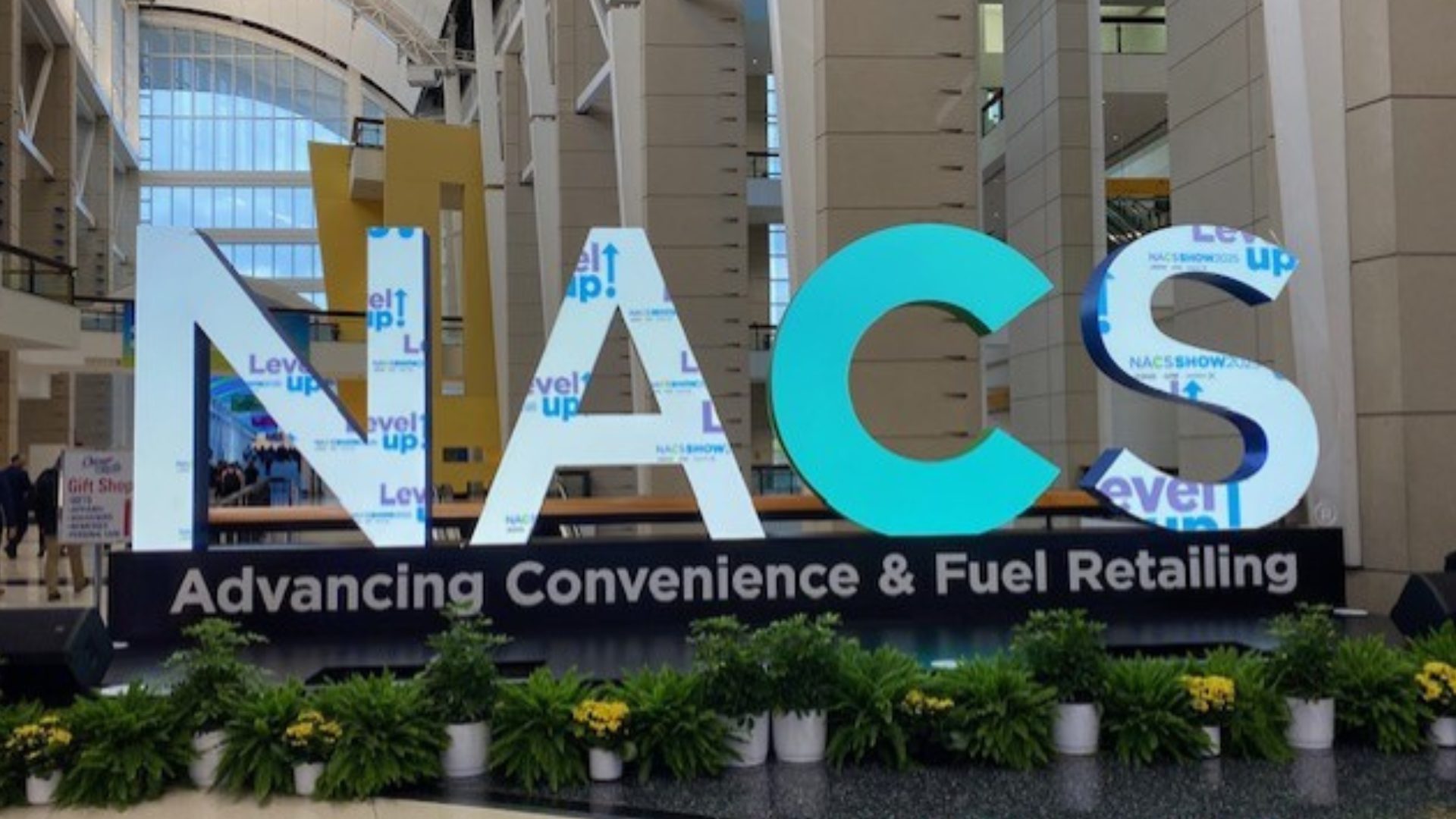Bipartisan representatives recently reintroduced the Hot Foods Act bill, which would allow hot food purchases through SNAP (formerly known as food stamps).
Currently, the SNAP program limits purchases to cold food or food that must be prepared at home. For example, a frozen chicken may be purchased, but not a rotisserie chicken.
“Millions of American families rely on SNAP daily to put food on the table. It simply doesn’t make sense to restrict them from using their benefits to buy hot meals,” stated U.S. Rep. Grace Meng (D-NY).
“The Hot Foods Act removes this dated rule preventing people from purchasing hot foods with SNAP, giving flexibility to working parents, people with disabilities, and the many hard-working Americans who need to put food on the table every day. I am proud to work across the aisle to make this commonsense change.”
Over 42 million Americans rely on the SNAP program and roughly 70% of those people are children, elderly or disabled. Because of this, the outdated provision that hot food may not be purchased no longer makes sense to many. The Hot Foods Act aims to remove this provision and allow SNAP participants to purchase foods such as hot sandwiches or soups.
“How Americans shop and eat has changed dramatically over the past 50 years, but SNAP policy hasn’t kept up with the times. The Hot Foods Act is a commonsense solution that gives low-income families the same flexibility that other consumers enjoy when purchasing meals,” Henry Armour, CEO of the National Association of Convenience Stores, noted in a press release.
“Allowing SNAP recipients to buy hot, prepared foods – like a rotisserie chicken or hot sandwich – means greater convenience, more nutritious food options and simplified compliance for SNAP retailers.”
Stephanie Hodges, a public health dietitian at The Nourished Principles, shared her thoughts with The Food Institute. She feels many SNAP participants face barriers in accessing and preparing healthy foods and the legislation can help with this.
“A USDA report published in 2021 found that SNAP participants noted challenges with time to prepare meals, kitchen equipment, cooking skills, lack of storage, and even physical disabilities as barriers to healthy eating,” Hodges told FI. “The Hot Foods Act can help SNAP participants overcome many of these challenges and will allow them to access hot, prepared, and healthy foods that meet nutritional needs.”
During a time in which many Americans are struggling to afford healthy food and find time to prepare meals, the change in the SNAP program would help connect families with the healthy foods they’re seeking, Hodges said.
The legislation is also supported by The Food Research & Action Center, First Focus Campaign for Children, Feeding America, and Hunger Free America.
The Food Institute Podcast
Tariffs, geopolitical tensions, and inflation are all weighing on the food and beverage industry and consumers alike, but what can industry leaders do to persevere amid uncertainty? Lou Biscotti from CBIZ’s Food and Beverages Services Group shares his insights on The Food Institute Podcast.












